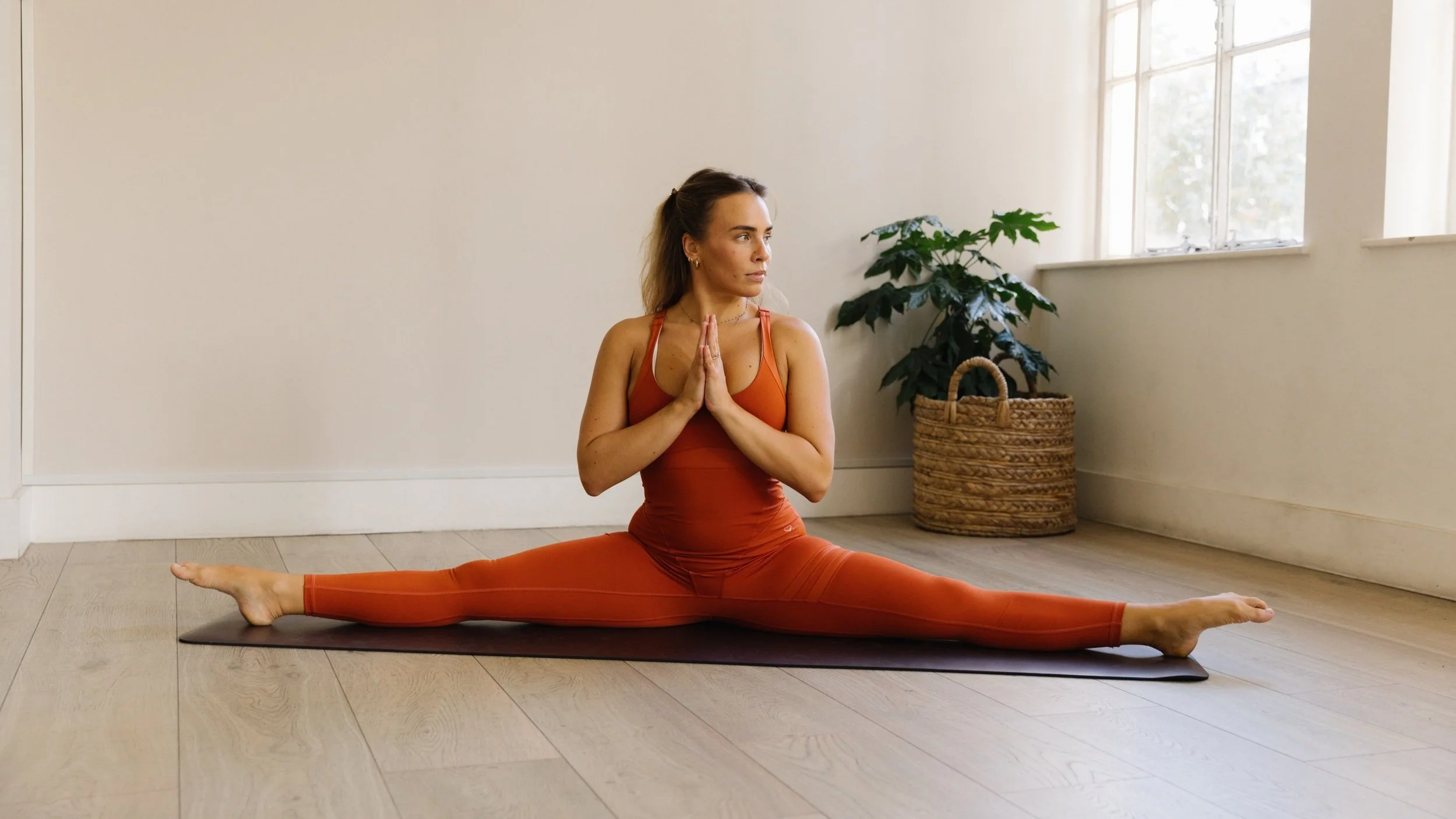How to Improve Your Sleep: Simple Tips for a Good Night's Rest
/We all know that feeling of tossing and turning, staring at the ceiling, and wondering why sleep feels so elusive. Whether it’s stress, a busy mind, or just not being able to get comfy, poor sleep can really mess with your day. But here’s the good news: there are some small, simple changes you can make to help you drift off faster and wake up feeling refreshed.
Here’s how to create the perfect bedtime routine for you.
Create a Sleep-Friendly Space
Your bedroom should be your sleep sanctuary. Think of it as your personal relaxation zone, free from distractions. Here’s how to set it up:
- Cool and dark: keep the room slightly cool and as dark as possible. Blackout curtains or an eye mask can work wonders.
- Noise control: if sounds keep you up, try a white noise machine or a fan to drown out background noise. Earplugs can also be a great investment.
- Comfortable bedding: your mattress and pillows make a big difference. Find ones that support your sleep style, whether you’re a side sleeper, back sleeper, or somewhere in between.
Establish a Consistent Sleep Schedule
Our bodies love routine, and going to bed and waking up at the same time every day (yes, even on weekends) can really help regulate your internal clock. If you’re trying to reset, start small by adjusting your bedtime in 15-minute increments until you find your ideal window.
Wind Down with a Pre-Sleep Routine
Your brain needs time to switch from “on” to “off.” An hour before bed, start winding down with calming activities like:
- Reading or journaling: grab a book or jot down your thoughts to clear your mind.
- Stretch or gentle movement: a few easy stretches or light yoga can help release tension.
- Warm bath or shower: the drop in body temperature after getting out of a warm bath signals your body that it’s time for sleep.
Limit Screen Time Before Bed
The blue light from phones, tablets, and computers can mess with your body’s production of melatonin, the sleep hormone. Try setting a “tech curfew” an hour before bed and swap screen time for something more relaxing, like reading or listening to a podcast.
Watch What You Eat and Drink
What you consume throughout the day, especially in the hours leading up to bedtime, can impact your sleep:
- Caffeine and alcohol: limit caffeine after lunchtime and avoid alcohol close to bedtime; both can disrupt your sleep cycle.
- Heavy meals: eating large meals right before bed can cause discomfort. If you’re hungry, opt for a light snack like yogurt, a banana, or a handful of nuts.
Try Relaxation Techniques
If your mind races when your head hits the pillow, try calming techniques to ease into sleep:
- Breathing exercises: try the 4-7-8 technique—breathe in for 4 seconds, hold for 7, and exhale for 8. Repeat a few times to relax your nervous system.
- Guided meditations or sleep stories: apps like WeGlow, Calm, Insight Timer, or Headspace offer guided meditations and sleep stories that can help you wind down.
Get Moving During the Day
Exercise isn’t just good for your body—it’s great for your sleep, too. Regular physical activity can help you fall asleep faster and enjoy deeper sleep. Just try not to work out too close to bedtime, as it can have the opposite effect for some.
Manage Stress and Anxiety
If stress and worry keep you up at night, finding ways to manage them during the day can make a big difference:
- Meditation: a few minutes of meditation daily can help calm your mind and reduce anxiety. Even just focusing on your breath for a few moments can create a sense of peace. Yoga Nidra is great for finding full relaxation.
- Breathwork: techniques like box breathing (inhale for 4, hold for 4, exhale for 4, hold for 4) can help slow your heart rate and relax your mind before bed.
- Set aside worry time: allow yourself a few minutes during the day to jot down what’s on your mind. This helps prevent the bedtime brain dump.
- Practice gratitude: write down three things you’re grateful for before bed. It shifts your focus and calms your mind.
Get Outside
Natural light helps regulate your body’s internal clock, so try to get outside during the day, even if it’s just for a short walk. Morning light exposure is particularly helpful for setting your circadian rhythm.
Better sleep isn’t about perfection—it’s about making small, positive changes that add up over time. Try incorporating a few of these tips into your routine and see what works best for you. Sweet dreams!









